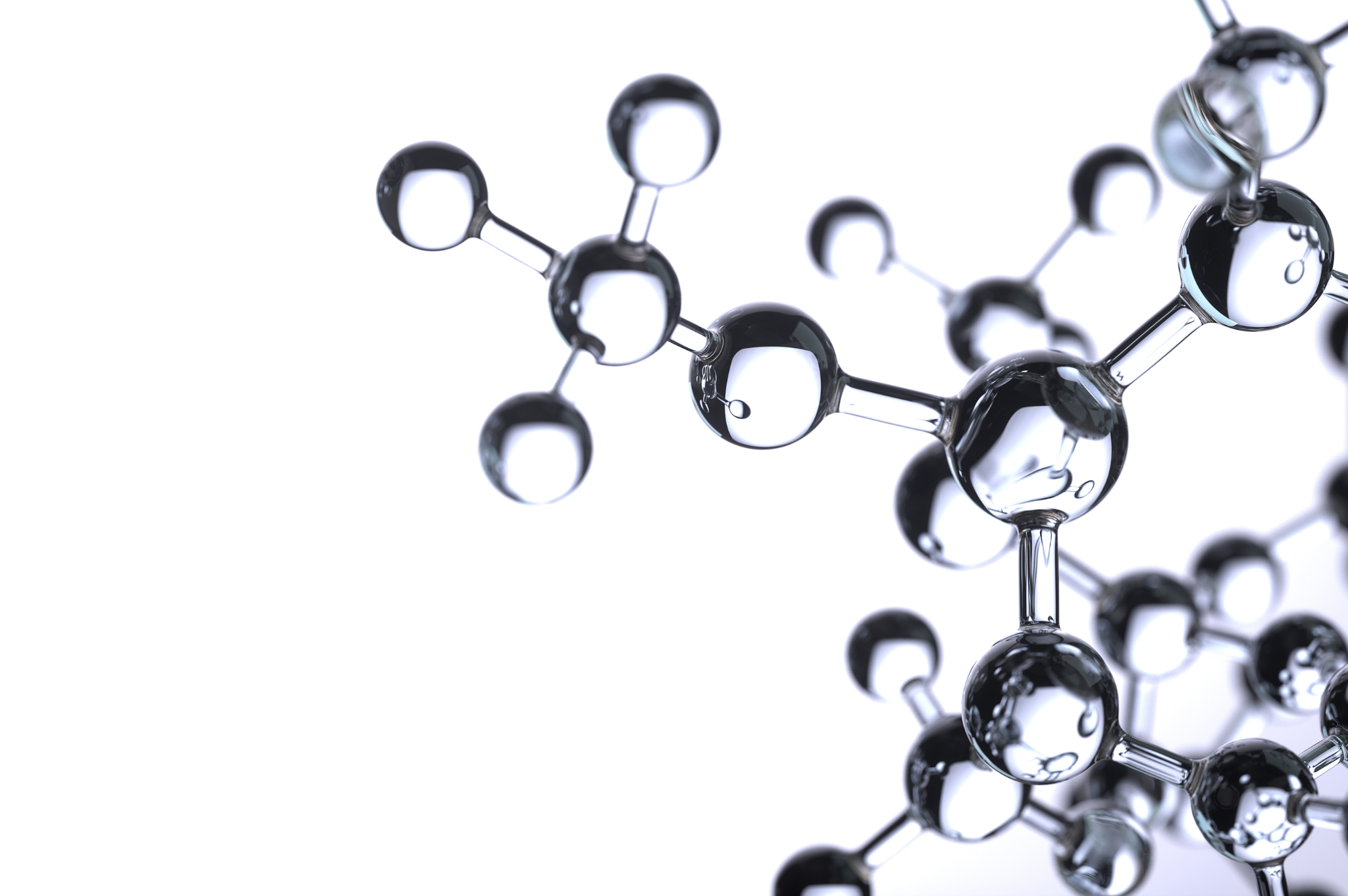The widespread use of per- and polyfluoroalkyl substances (PFAS) in various industries is not coincidental. PFAS has long been favored for its exceptional properties, including oil and grease resistance, high durability, and moisture protection. These properties have made them integral in developing a wide range of products, particularly in the packaging and textiles sectors.
However, the adverse environmental and health effects of PFAS are now well-documented, leading to a growing concern among consumers and environmental advocates. Companies are grappling with the challenge of finding alternatives that match the performance of PFAS without the associated drawbacks. This hesitancy to transition from PFAS coatings to PFAS-free solutions can be attributed to several key factors:
Performance Parity
Companies often worry that PFAS-free alternatives might not match the performance benchmarks set by PFAS coatings. PFAS has become the gold standard for oil and grease resistance and moisture protection, and it has proven its mettle in various demanding applications. Businesses are naturally reluctant to adopt new technologies if they are still determining whether these alternatives can meet or exceed the performance levels that their customers expect.
Compatibility
Many industries have systems and machinery in place that are optimized for PFAS coatings. Switching to new coatings may require significant adjustments, reconfiguration, and retraining. The potential disruption to existing processes can deter companies, even if PFAS-free solutions are environmentally superior.
Cost Concerns
Transitioning to PFAS-free solutions may require upfront investment in research and development. Companies often worry that this shift could increase production costs or affect their bottom line. They may also be concerned about the price point of PFAS-free alternatives compared to established PFAS products.
Regulatory Uncertainty
Companies are also wary of changing coatings due to the uncertainty surrounding PFAS regulations. Governments and regulatory bodies gradually implement stricter guidelines and bans on PFAS-containing products. This regulatory ambiguity can make businesses hesitant to invest in alternatives, as they fear that these regulations might change before they can thoroughly investigate PFAS-free solutions in their operations.
Impermea Materials: Bridging the Performance Gap
Impermea Materials is a beacon of innovation, bridging the performance gap between traditional PFAS coatings and eco-friendly alternatives. Their commitment to sustainability, performance, and innovation is evident in their products and how they redefine industry standards.
By offering products like HYDRO-PAK 4000, HYDRO-PAK + MVTR 4040, OLEO-PAK 4100, BIO-PAK + MVTR 4140, BIO-PAK + OTR 4060 and REL-PAK 4700, Impermea Materials demonstrates that PFAS-free coatings can indeed provide oil and grease resistance, moisture protection and other essential qualities that industries require. Impermea Materials challenges the status quo while helping enterprises transition towards greener, more responsible practices. They understand the concerns and hesitations that companies may have, and they've made it their mission to provide solutions that address these worries.
As regulations around PFAS tighten, and consumers demand eco-friendly solutions, Impermea Materials is well-positioned to lead the way in a revolution towards greener, safer, and more sustainable products. Their dedication to providing advanced coatings that perform like plastic without environmental drawbacks is a testament to their commitment to a better future for our planet. In a world where eco-consciousness and performance are no longer mutually exclusive, Impermea Materials is a game-changer, setting a precedent for the industries of tomorrow.
The transition from PFAS coatings to PFAS-free alternatives may be a complex process, but it’s a step in the right direction toward a more eco-friendly and responsible future. As industries become more accustomed to these innovative solutions and regulations evolve, the concerns holding back companies from transitioning can be steadily mitigated, making the transition to PFAS-free coating increasingly attractive and viable.
Impermea Materials, formerly known as DetraPel Industrial, is an advanced materials company based in Massachusetts that synthesizes and manufactures the highest-performing barrier solutions, which are PFAS-free and plastic-free. Our paper & paperboard packaging product line allows customers to unlock repulpable, recyclable, compostable, and PFAS-free product innovation. We offer customizable oil & grease resistant (OGR), moisture/water vapor transmission barrier (MVTR), fan-apart adhesives, and release coatings enabling customers to win new business and gain additional market share. Our products replace existing coatings that do not allow materials like paper to replace plastic due to a lack of performance. Traditional solutions in the market are facing regulatory action due to PFAS, Plastic, or other less sustainable materials. Our solutions provide an offering that genuinely outperforms legacy technologies without sacrificing the sustainability you need.



